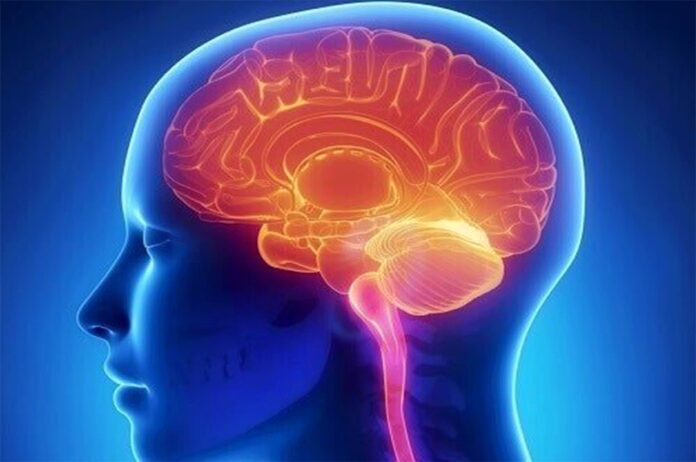Brain exercise is just as vital as body exercise; it may not help you acquire muscular growth, endurance, or physical strength, but it has numerous long-term benefits that will greatly improve your quality of life.
And it is that, just as the body ages, so does the brain, and this means that it can lose its strength if it is not given the care it requires, not just via food, but also through certain activities that keep it active and in the best possible shape for a much longer period of time.
The functioning of the brain can be impaired by aging, which is why, according to Psychology Today, it is important to be proactive and begin exercising before problems develop. There are some things that cannot be prevented, but it is possible to lessen the danger, minimize the impacts, and prevent the loss of functions.
Why does the brain need exercise?
Exercise, both physical and mental, is essential and, according to Psychology Today, studies have shown that it can help minimize the risk of diseases such as dementia and Alzheimer’s, as well as preserve a good memory and increase cognitive abilities, or avoid their decline with age.
Obviously, this must be supplemented with other factors such as a healthy diet (there are vitamins that can assist) and adequate sleep each night, but physical activity and mental exercises have been found to be important for the brain.
In fact, in the Blue Zones, which are the regions of the world with the highest quality of life and life expectancy, one of the factors considered is the level of activity of people and what they do to occupy their minds, such as gardening, which is a popular activity in Japan and is believed to give people a sense of purpose while activating muscles with low-impact activity.
How to exercise your brain?
There is a need for a combination of physical and mental workouts.
Light cardio: Light cardio enhances cardiovascular health, helps maintain a healthy weight, and stimulates regions of the brain, and can be performed regardless of age. Harvard, for instance, asserts that swimming is particularly beneficial because it synchronizes the mind and body. Dancing, walking, and gardening are also examples of physical exercise.
Classes: Taking classes (in gyms or outdoors) is also suggested, as you are not only getting physical exercise, but you are also mingling and developing community, which has been proved to aid in preventing dementia and cognitive decline.
Learning something new: Learning another language, a new sport, or playing an instrument is also highly suggested, as learning new skills utilizes numerous sections of the brain that may not be used regularly, hence keeping the brain fit and enhancing memory.
Brain games: Games such as those requiring the identification of shapes, the formation of pairings of images, the creation of a large number of words using letters, or the solution of riddles, are also a good way to exercise the brain. On the one hand, you relieve stress by focusing on other things, and on the other, you put various vital talents and abilities to the test, so preventing their loss or impairment. Consider that reading is also a type of mental game.



















![10 Countries With the Best Healthcare in the World [Statistical Analysis] Countries With the Best Healthcare in the World](https://articleify.com/wp-content/uploads/2025/07/Countries-With-the-Best-Healthcare-in-the-World-1-150x150.jpg)









